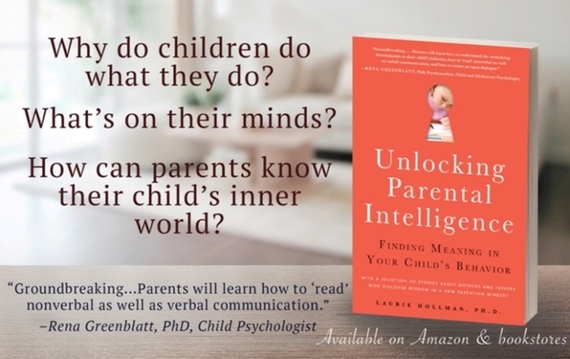This question has a lot of diverse opinions based on your parenting style. For many families children go from their crib to their own bed and it's not a question. They might like to cuddle in the morning in your bed, but they sleep through the night in their own room.
Other parents who follow the precepts of Attachment Parenting or for other reasons have their eight year old sleeping in their bed, face what may now become a problem. The parents feel there is only a parenting bed, not a marital bed and the child is not feeling sufficient autonomy. Helping a grade school child who has always been surrounded by his or her parents learn to adapt to sleeping alone can be a difficult task. While the exact age is dependent on parental styles, here are some reasons why it's a good idea to mobilize your child to learn to sleep on her own.
8 Reasons for Sleeping in Your Own Bed as a Grade School Child
1.Children need to learn to soothe themselves during the night. If they always have a parent to cling to, they restrict their learning about how to calm themselves on their own.
2.Children need to learn that their parents have their own relationship that they are excluded from in a healthy way. Seeing that their parents enjoy their relationship as adults paves the way for kids to expect similar companionship when they are older.
3.Children feel proud when they feel they can take care of themselves. They dress themselves, carry out tasks of hygiene, and regulate their own sleep. This builds autonomy and the confidence to take care of their own private needs.
4.Children learn to venture away from home with sleep-overs beginning about age 8. If they can't sleep without their parents their friendship activities become limited.
5.Parents who work all day miss their kids and their kids miss them. So the desire to have the nighttime together is great. However, finding other ways to spend time rather than sleeping and physical closeness leads to healthy development and a strong parent-child relationship.
6.Many children have temporary fears at night such as fears of the dark, monsters in the closet, and kidnappers. These are normal fears that they do well to overcome in their own beds. Children increase their confidence when they can master fears with parental guidance and reassurance but still sleeping in their own beds.
7.Children want to feel they can accomplish what their peers have mastered. Kids who continue to sleep in their parents' beds often keep it a secret and feel some shame that they can't do what their peers do regularly.
8.Learning to wait in bed when something awakens a child during the night such as a nightmare is a major developmental accomplishment. Surely, they may call out for reassurance, but the parent comes to the child's room and gives them a snuggle and reassurance. Then the child learns they fall asleep again. Learning to wait is a developmental task that fosters all kinds of learning during the day. It's important at night as well. Sometimes there is no nightmare, just a temporary awakening. For a child to have the confidence that if they close their eyes again, they will fall back to sleep builds self-esteem
.
Laurie Hollman, Ph.D., is a psychoanalyst and author of Unlocking Parental Intelligence: Finding Meaning in Your Child's Behavior found on Amazon, Barnes and Noble, Familius and wherever books are sold. Visit her website at: http://lauriehollmanphd.com